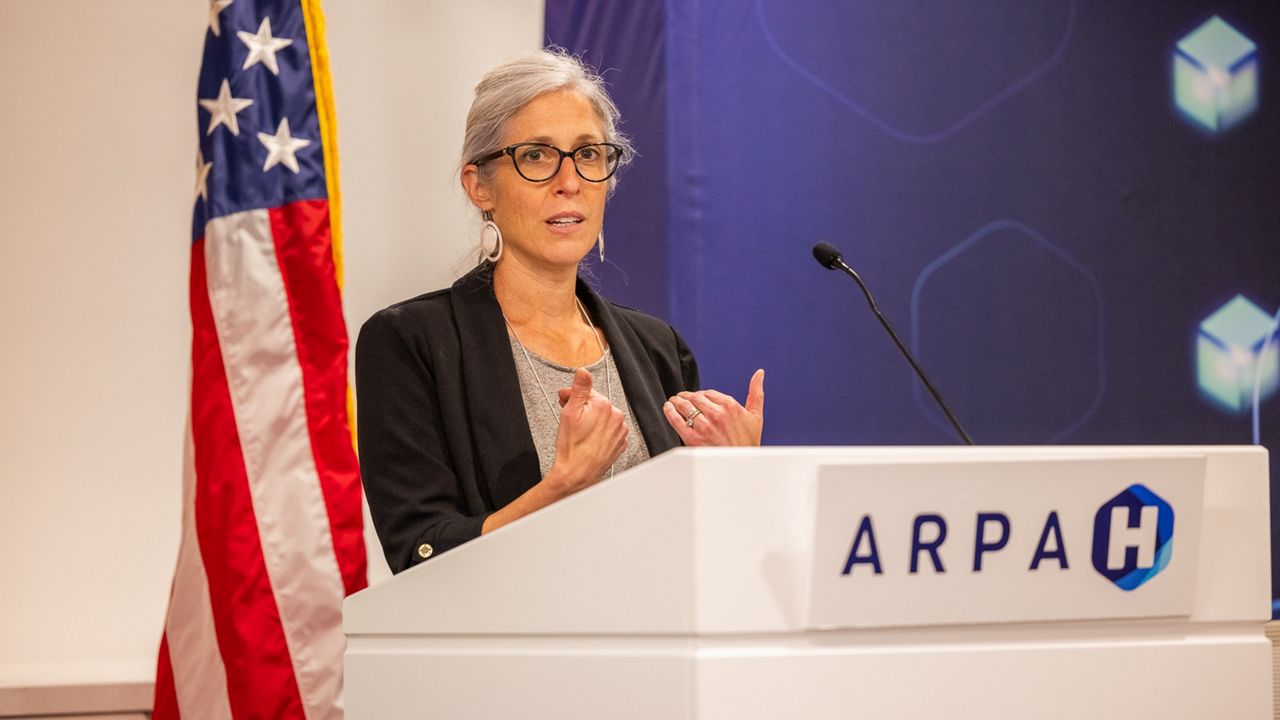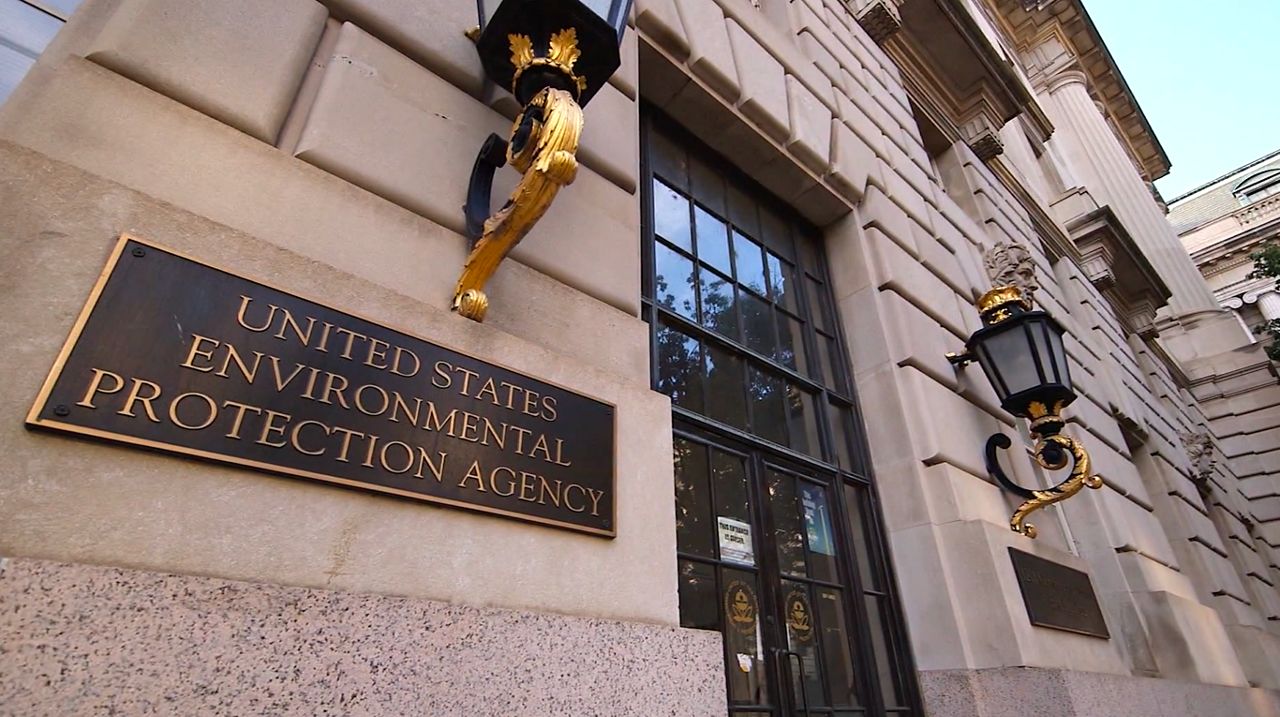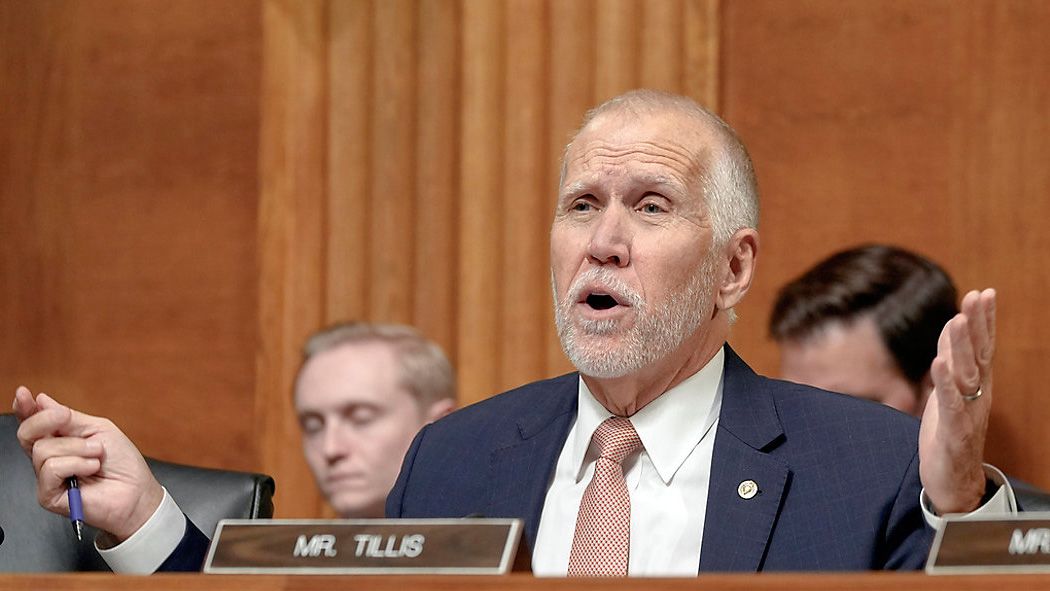Around $184 million in federal funding for disaster preparedness projects across North Carolina could be in jeopardy.
Last week the Federal Emergency Management Agency eliminated the Building Resilient Infrastructure and Communities program that’s designed to help communities prepare for natural disasters. The Trump administration said the program was “more concerned with political agendas than helping Americans affected by natural disasters.”
North Carolina Emergency Management called the decision “disappointing” and said the “program provides critical federal funding for mitigation projects that build resilient communities” and said the projects “would build resilience against the impacts from future storms and would reduce the overall recovery costs for future events.”
The state’s list of projects that had been approved under BRIC include everything from $6 million in work to protect infrastructure and restore a stream in Gastonia to a $22 million effort to safeguard the water supply in Salisbury.
One community that appears to be impacted is the Town of Princeville in eastern North Carolina.
It’s the first town in the U.S. incorporated by freed slaves after the Civil War.
But from Hurricane Floyd to Hurricane Matthew Princeville often bears the brunt of storms. The town sits in a bend in the Tar River and is incredibly prone to flooding that damages businesses and homes.
“What most people would think is just a normal rainfall… here’s it’s life and death,” Princeville Town Manager Ron Jackson said.
It’s why the town is building new infrastructure, including 50 homes for low-income residents displaced by previous storms. In 2020 FEMA awarded the town around $10 million to elevate the land set aside for the new housing to eliminate the possibility of flooding. The project was spotlighted in a video released by FEMA in 2022.
“This is not something we would like to have. This is something we would need to have,” Jackson said. “This impacts generations to come.”“This is not something we would like to have. This is something we would need to have,” Jackson said. “This impacts generations to come.”
But the project is in jeopardy after the elimination of the FEMA program which started under the first Trump administration.
FEMA said grant money set aside but not yet distributed would be returned to FEMA’s Disaster Relief Fund or the U.S. Treasury.
Jackson said the project is only about 25% done and if FEMA doesn’t distribute the funding, the project will be halted.
“We’re already laying pipe to fix the sewer system, tying it in, so we’re well underway,” Jackson said. “It would be devastating. The town wouldn’t have the resources to continue without this FEMA funding.”
Spectrum News asked FEMA what happens to communities that are in the middle of completing a project that’s already been awarded money by the BRIC program, but it didn’t specifically answer. FEMA said the program “was more concerned with climate change than helping Americans affected by natural disasters.”
Jackson said the Princeville project helps people impacted by past flooding and future natural disasters.
”I would hope that the decision makers would at least venture out and see the lives that they’re going to affect,” Jackson said. “This is life and the protection of life.”









